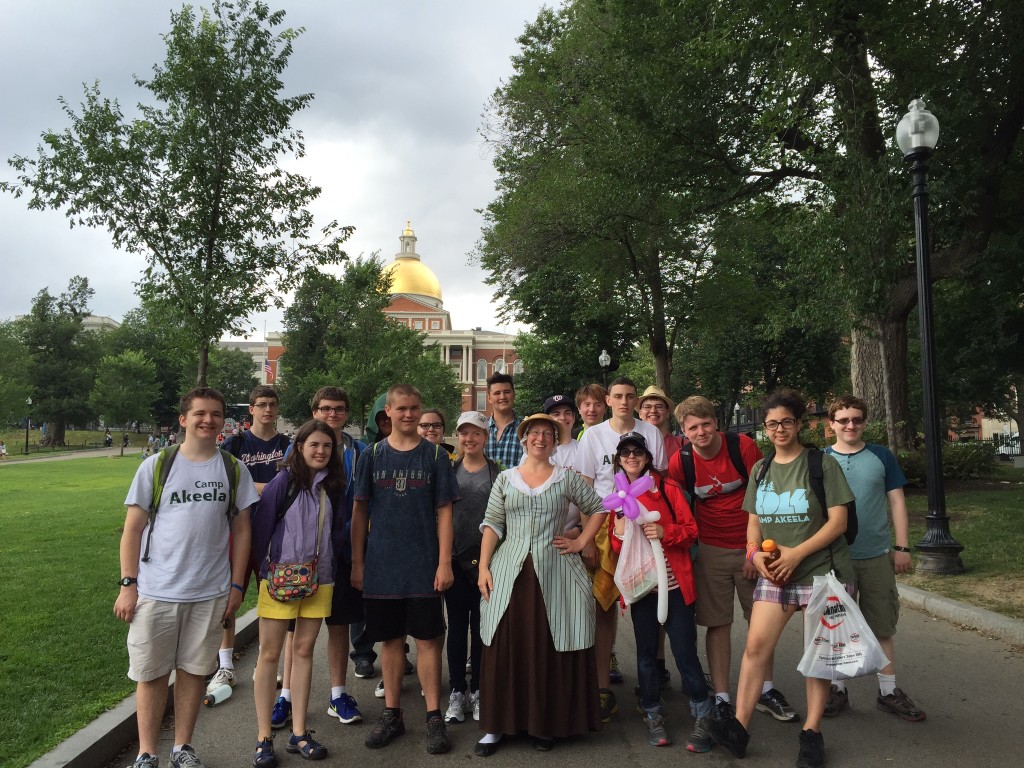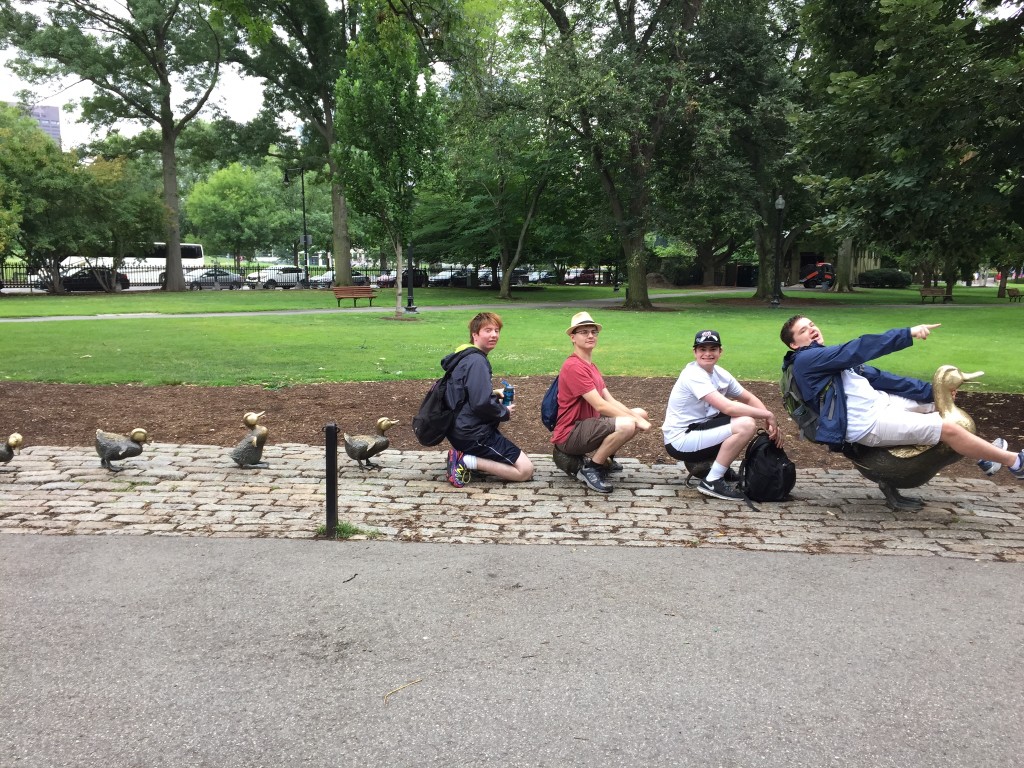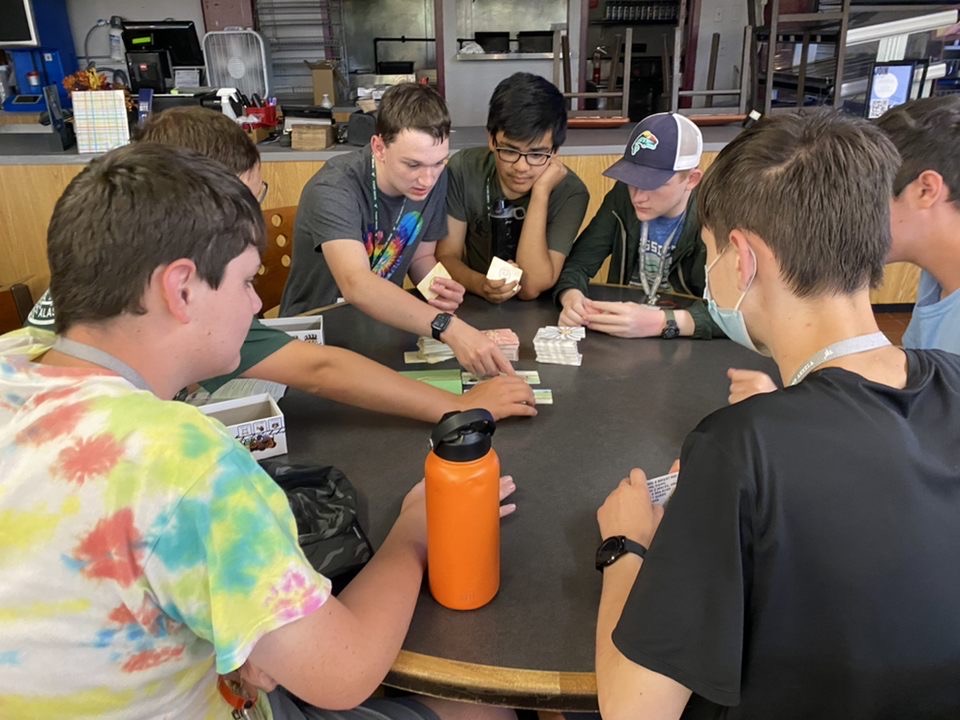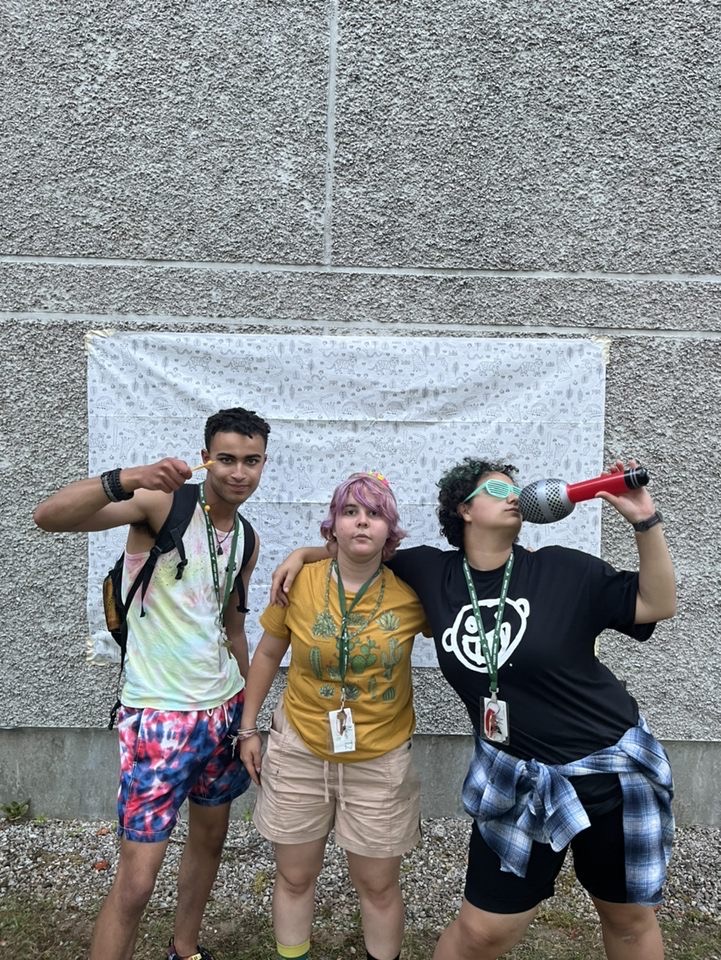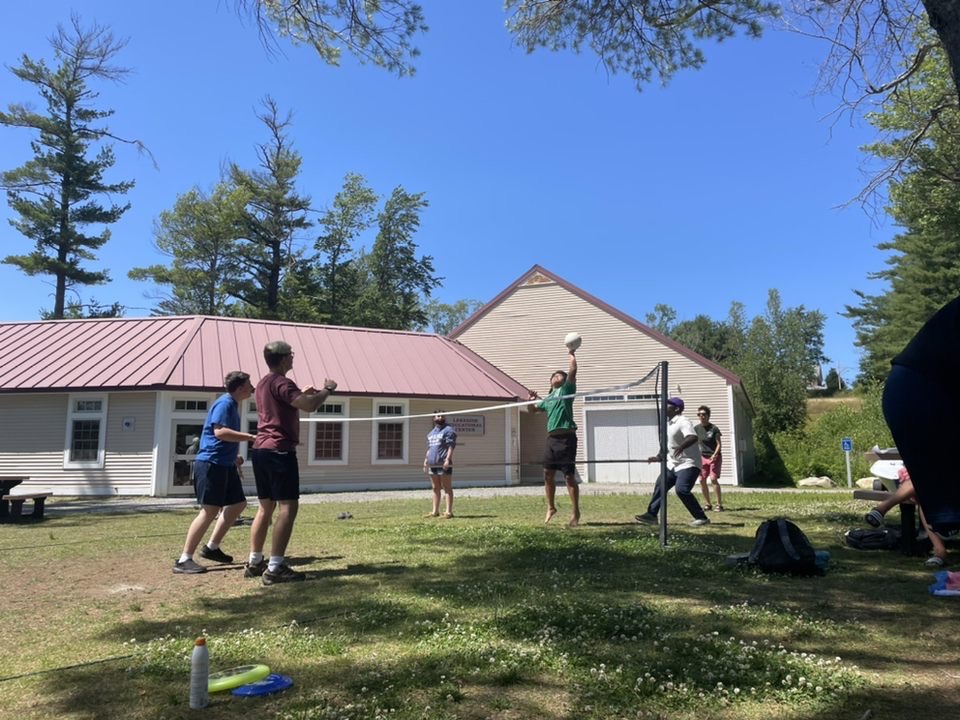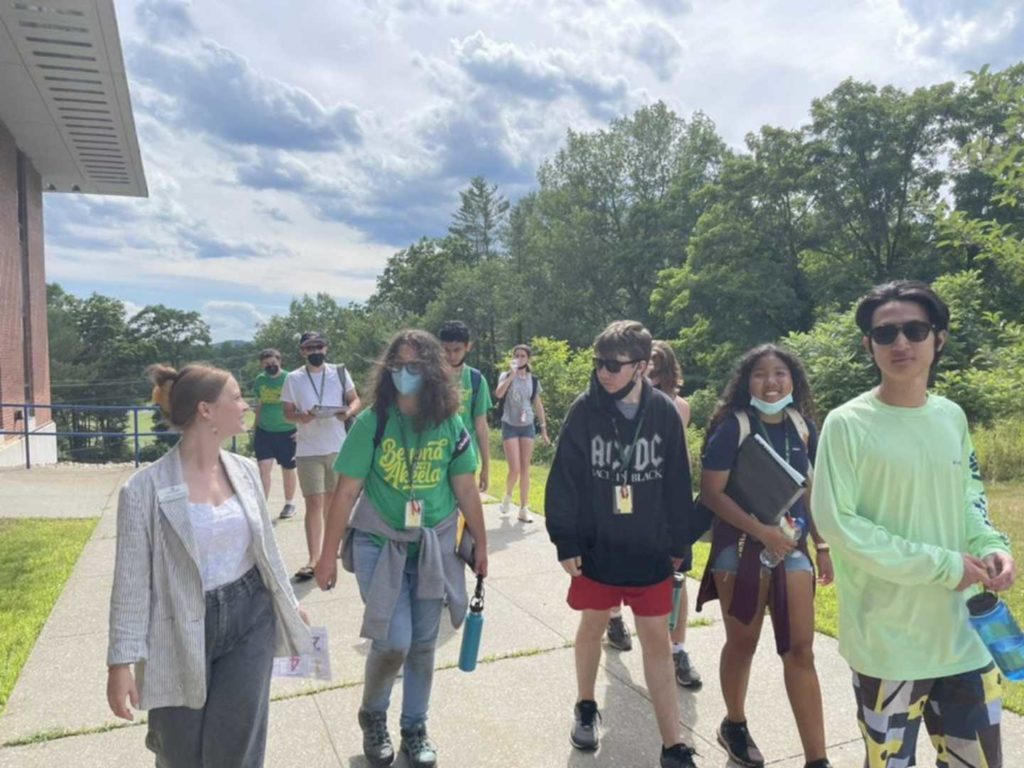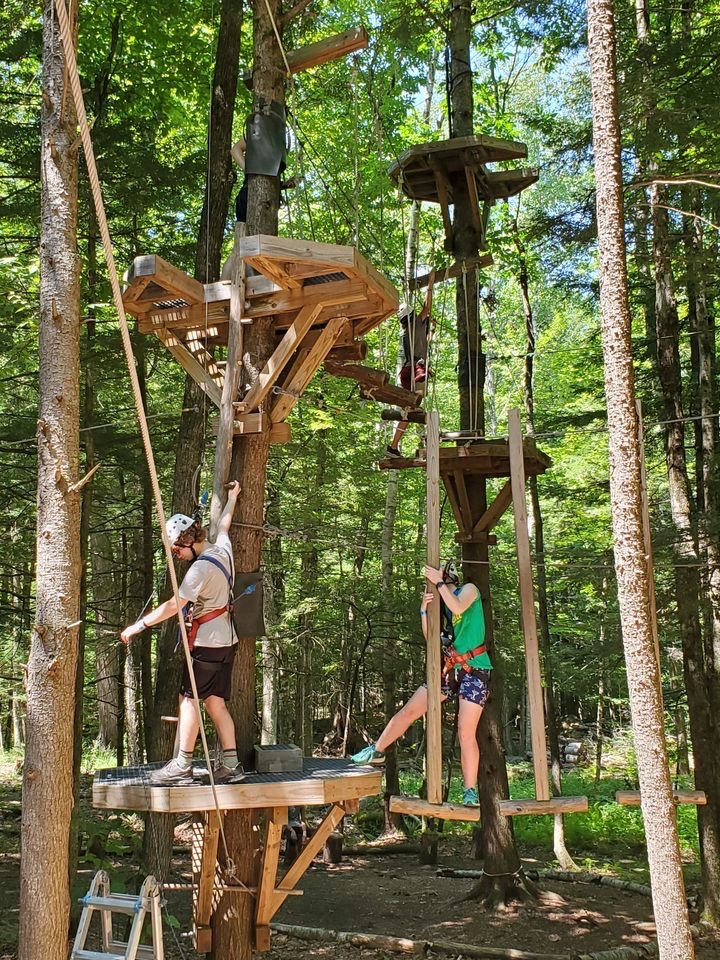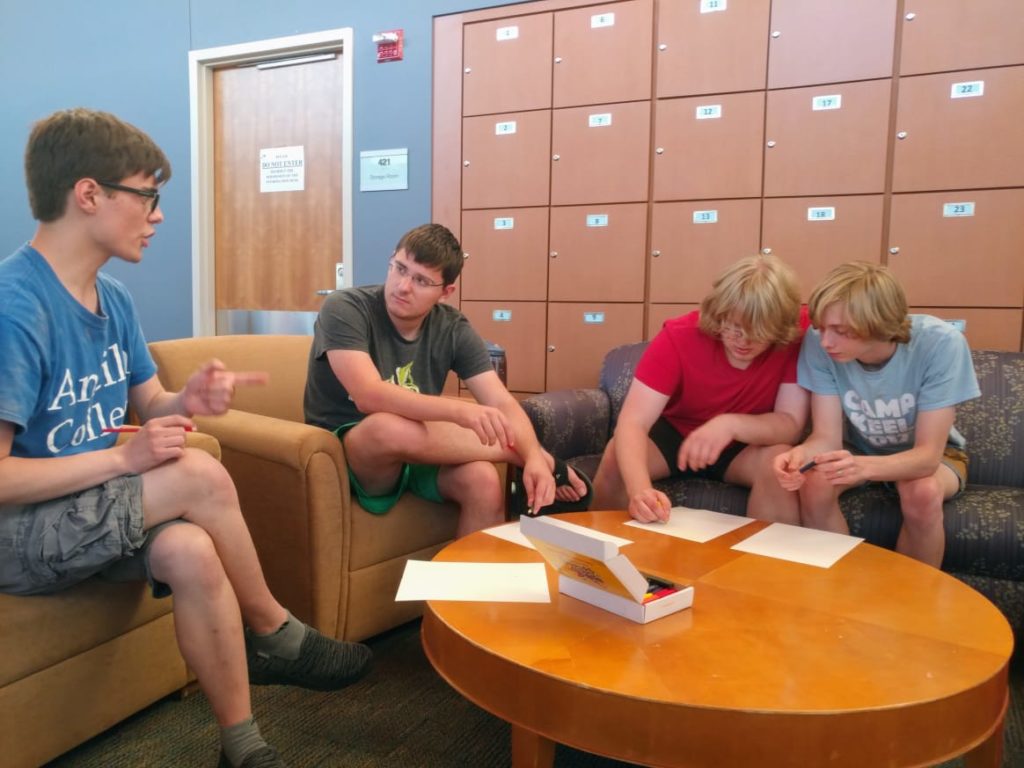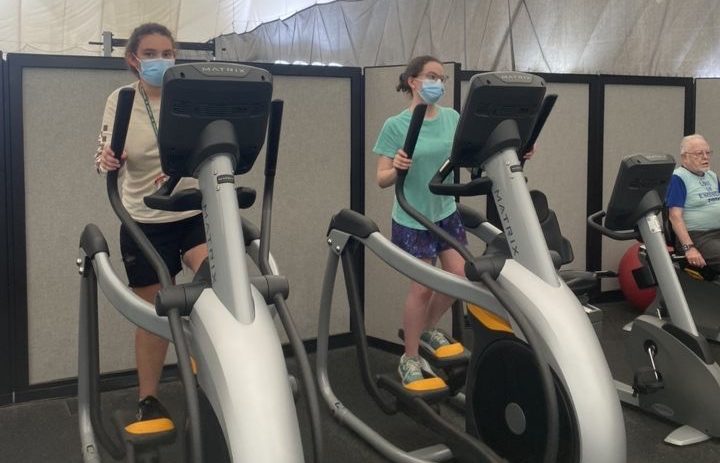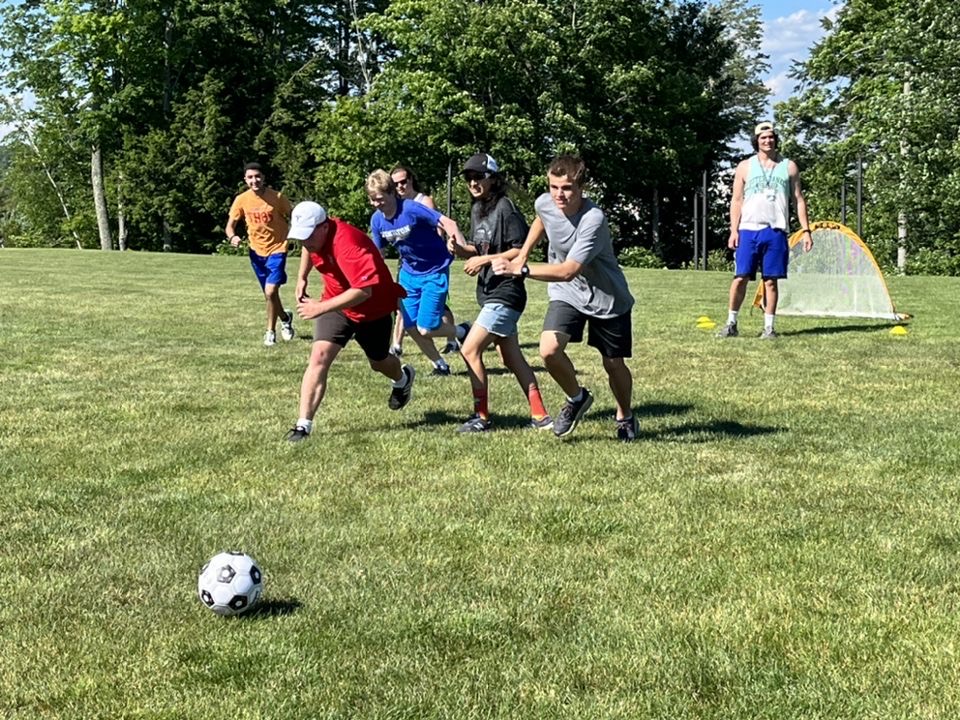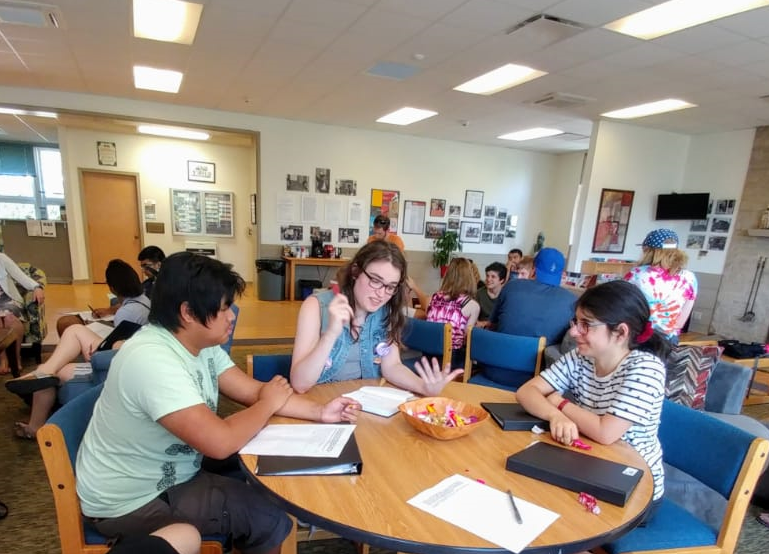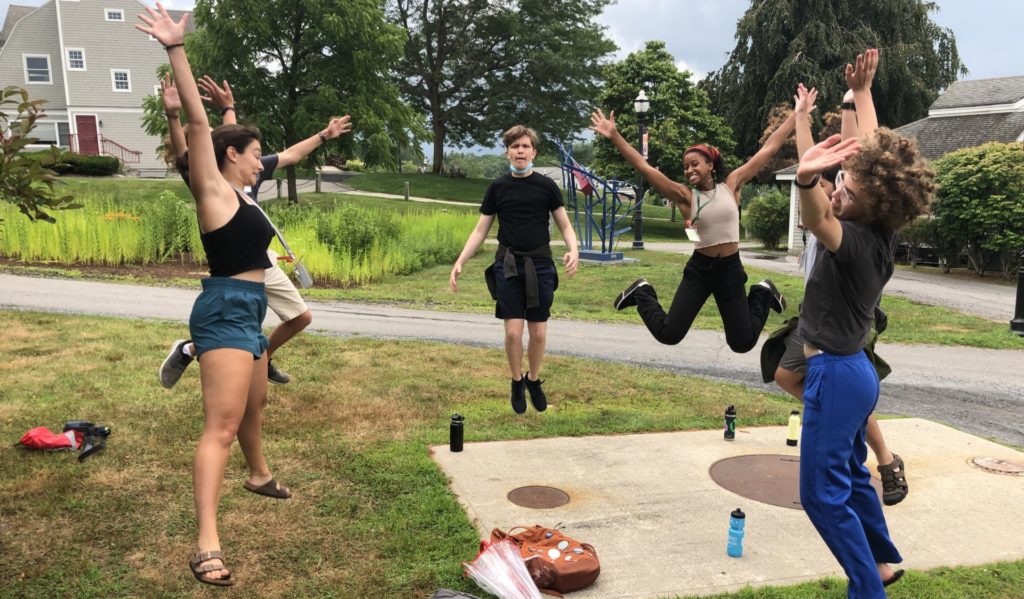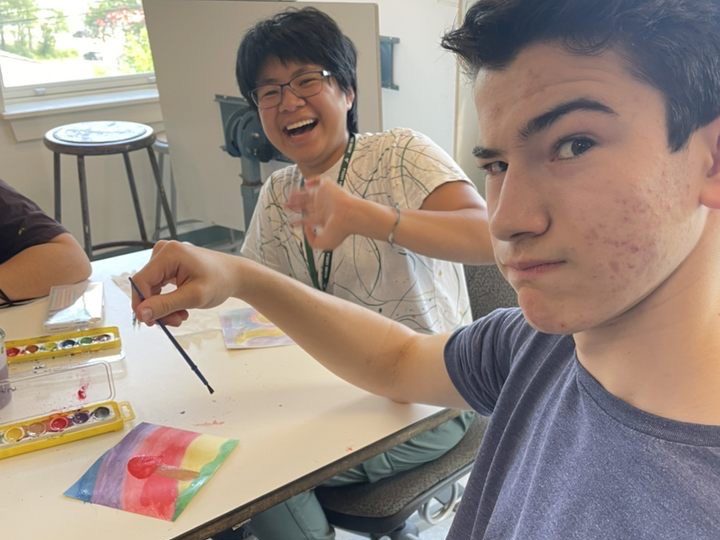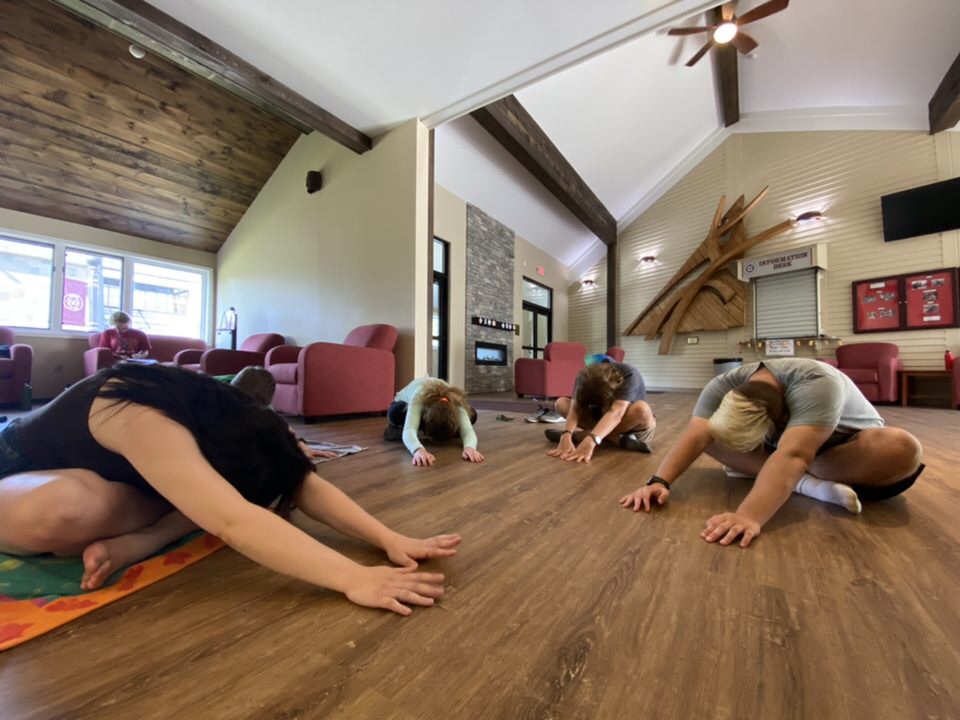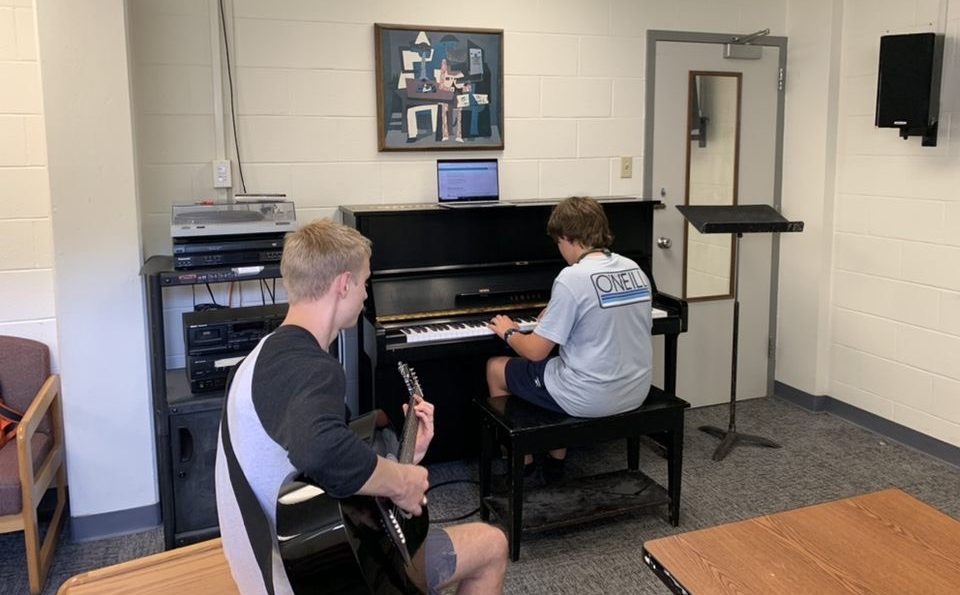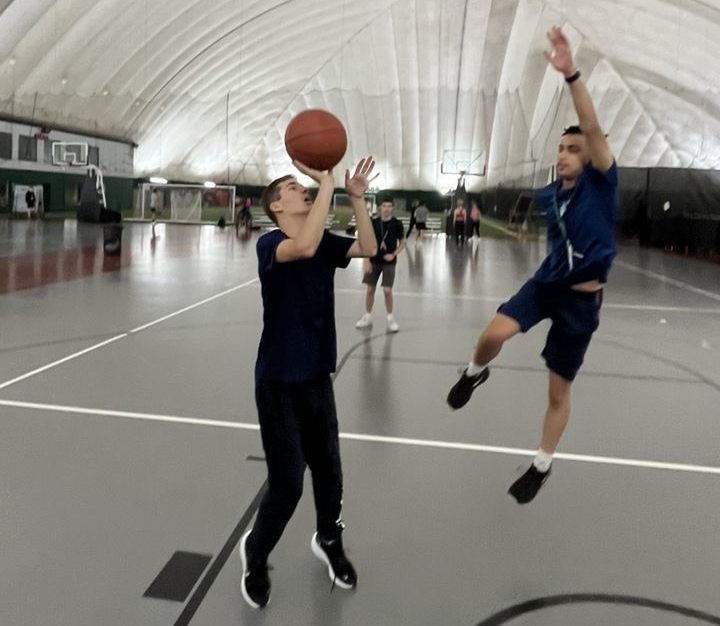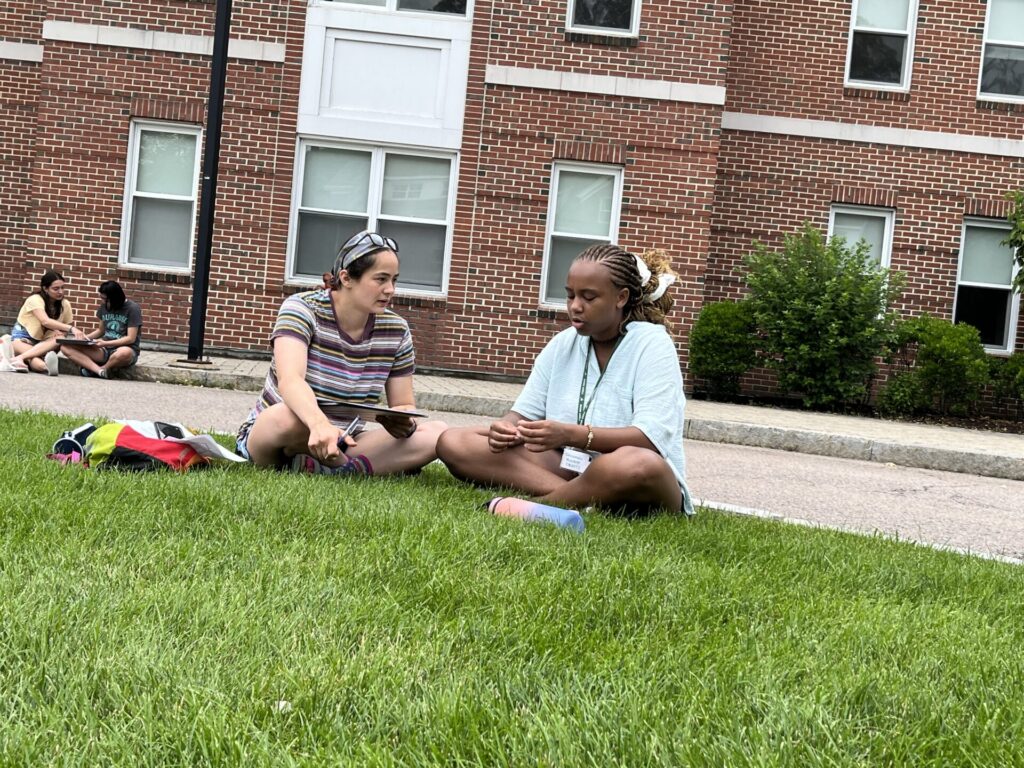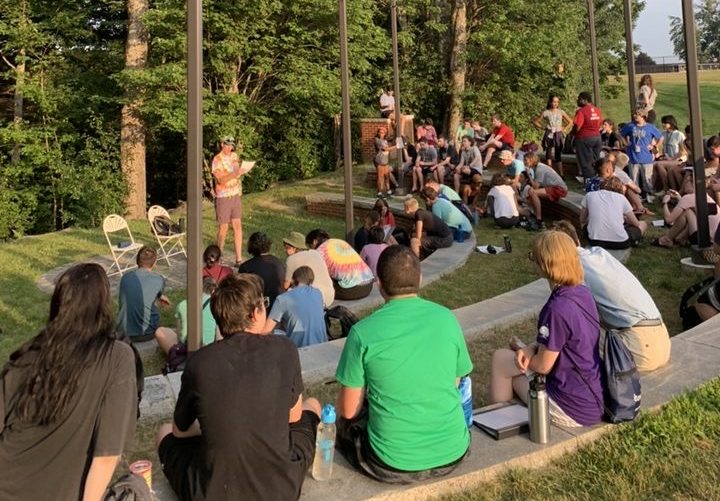We speak with many parents each year about the next steps for their teens after high school. Many families have questions about finding the appropriate college fit for their student. With so many options available it can feel like a daunting task. Assessing your teen’s college readiness is such an important step in determining the best post-secondary options for him/her. In our previous mini seminar, we focused on preparation for post-secondary success for teens with Asperger’s or non-verbal learning differences (NLD). This blog focuses on the different types of post-secondary programs available to teens with autism and NLD.
“Traditional” four-year college/university or community college:
These programs are required to provide learning support through accommodations, not modifications. They provide support through a disability or student services center and each school has different requirements for accessing accommodations. Each student must advocate for these services themselves and most colleges only provide ASD/LD/NLD accommodations upon request.
Four-year college with built in ASD/LD support program:
Some programs are affiliated with a specific university and offer support services to matriculated students of the university. In most cases, students are required to be accepted into a specific university before applying separately into the ASD/LD support program. The level and type of support varies within each program, as does the amount of advocacy required of students.
Transitional support program:
These programs exist independently from a specific college and students take classes at local community our traditional four-year colleges and they provide similar support for social skills, independent living skills, and executive function for students with autism and NLD.
College/university designed specifically for students with LD/ASD:
These colleges have support structures in place that are specifically designed for students with learning differences or autism and work exclusively with those populations.
Gap year programs for students with LD/ASD/NLD:
Students who prefer to take a year away from the purely academic to focus on boosting their college readiness can opt for a gap year. This is becoming an increasingly popular option for all students, including those with LD/ASD.
None of these options are better than the other and not all are the appropriate fit for everyone. Finding the right fit for your student is paramount to their success. Here are some tips for finding the best fit for your teen:
- Research programs early and often
- Include your teen with Asperger’s or NLD in the conversation about their college readiness and their transition
- Speak with your student’s school counselor or educational consultant




